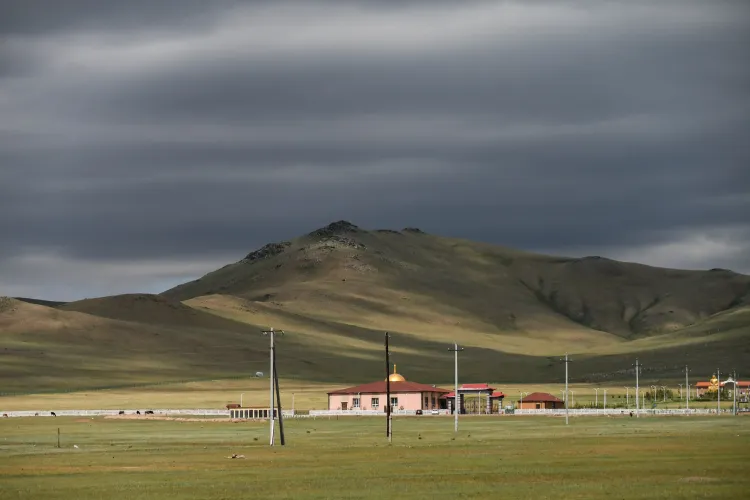Mongolia to Bolster Support for the Wool, Cashmere, and Leather Processing Sectors

Ulan Bator, Dec 26 (NationPress) Mongolia is aiming to enhance its backing for the wool, cashmere, and leather processing sectors, as stated by the presidential press office on Thursday.
As part of the national initiative "White Gold," launched by President Ukhnaa Khurelsukh, the Ministry of Food, Agriculture, and Light Industry, in partnership with 10 major commercial banks, signed a financing agreement on Thursday.
According to this agreement, businesses in these sectors are projected to secure 788.9 billion Mongolian tugriks (over 231 million US dollars) in working capital and favorable investment loans in the upcoming year, the press office revealed.
This national initiative, which will continue until 2028, aims to significantly boost Mongolia's cashmere processing capabilities.
The Asian nation plans to elevate its full cashmere processing rate from the current 20 percent to 40 percent, and expand exports from 398 million US dollars to 690 million US dollars as part of this campaign.
Furthermore, the initiative aims to enhance wool processing levels from 25 percent to 55 percent, with exports anticipated to increase from 52 million US dollars to 119 million US dollars, according to the Xinhua news agency.
In addition, the deep processing rate of leather and hides is expected to rise from 30 percent to 50 percent, with export growth projected from 9.6 million US dollars to 22.4 million US dollars.
Overall, this initiative is anticipated to significantly elevate Mongolia's economic growth, creating over 8,000 new jobs across the wool, cashmere, and leather sectors, whilst enhancing the country's industrial capabilities and export potential.
Mongolia has an average yearly production capacity of 37,000 tonnes of sheep wool, 10,000 tonnes of goat cashmere, 2,000 tonnes of camel wool, 400 tonnes of yak fur, and 18 million pieces of hides and skins, as reported by the presidential press office.
Encouraging livestock husbandry is viewed as a crucial strategy for diversifying Mongolia's mining-reliant economy.
As one of the last remaining nomadic nations, Mongolia reported having 64.7 million livestock by the end of 2023, according to the National Statistics Office.










